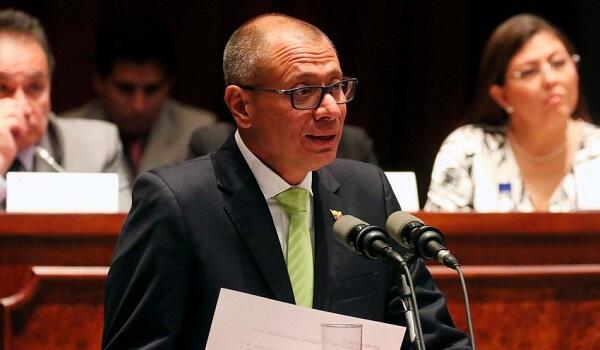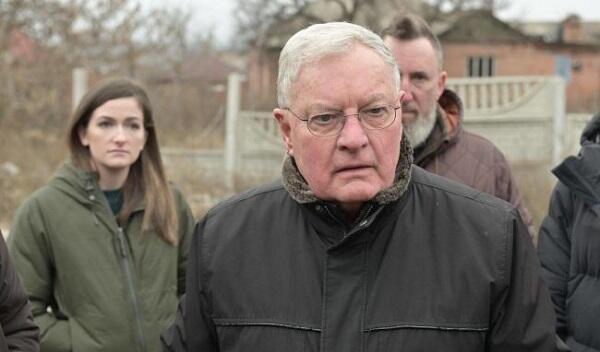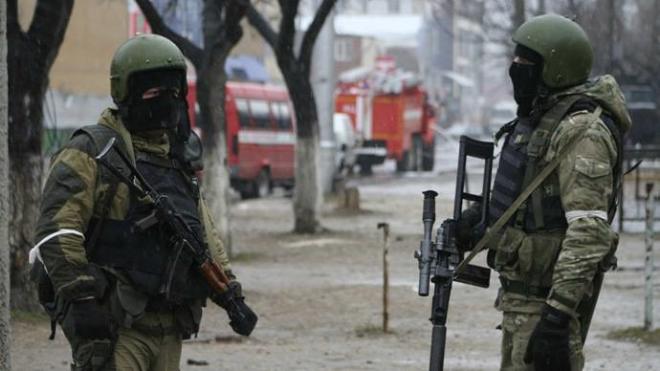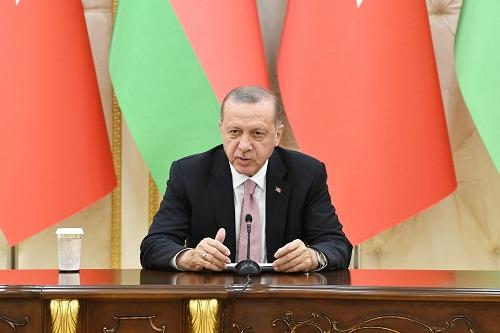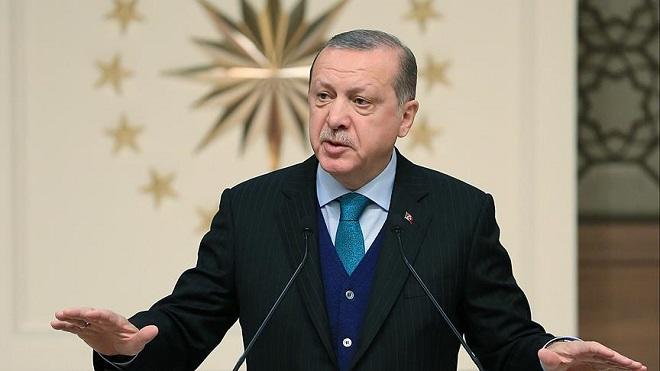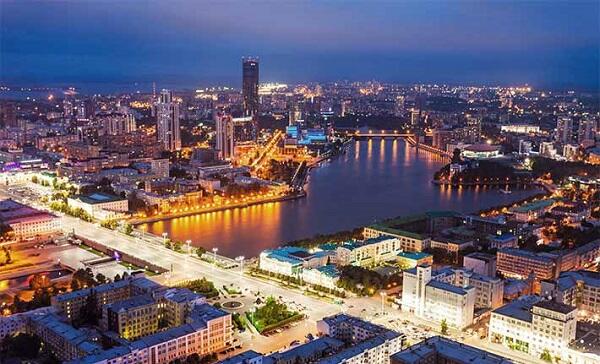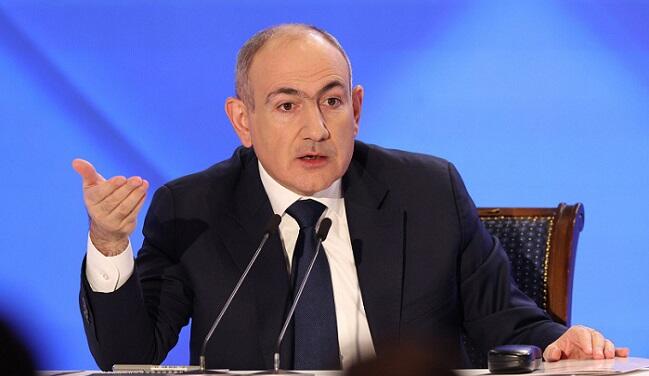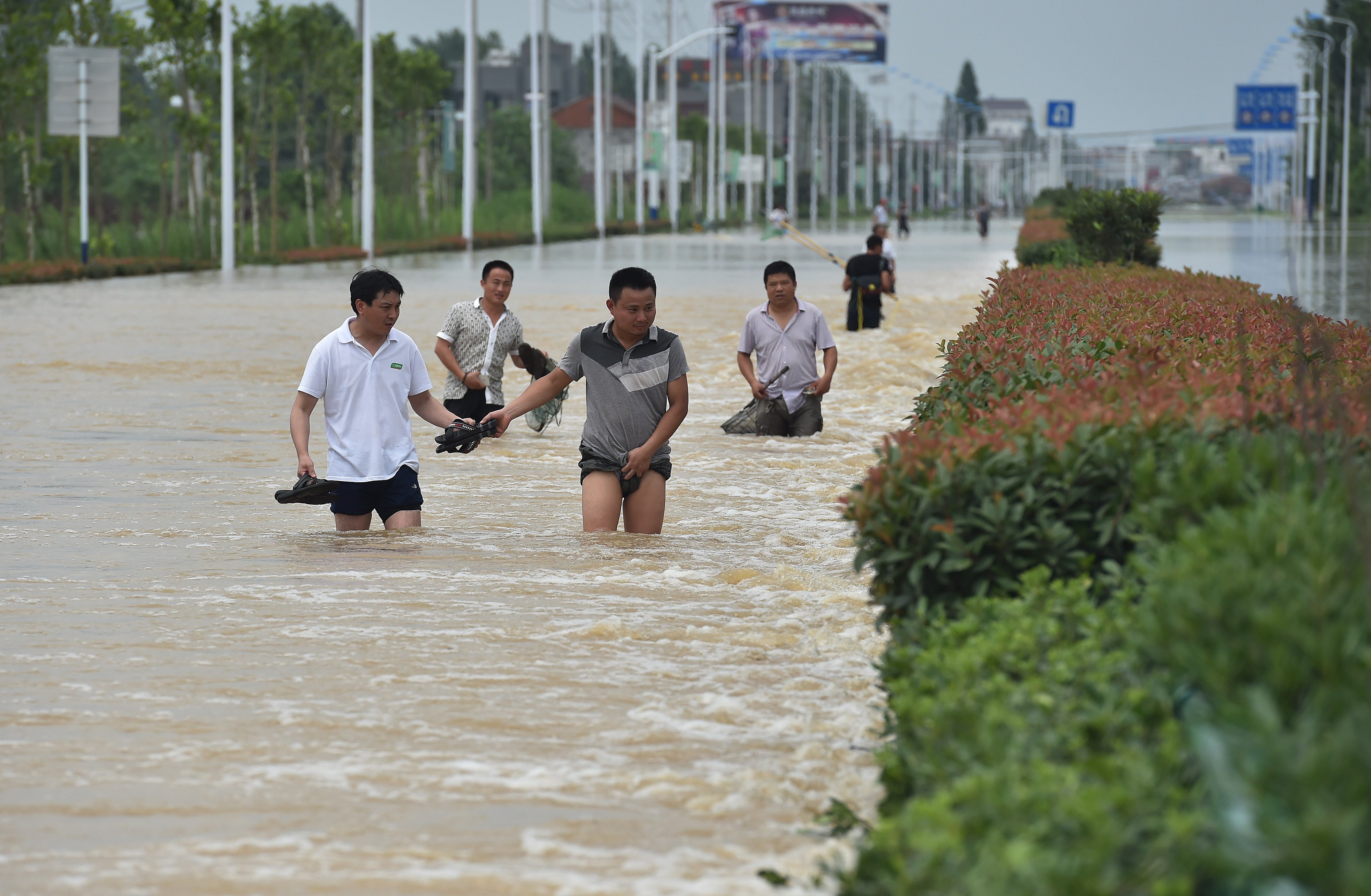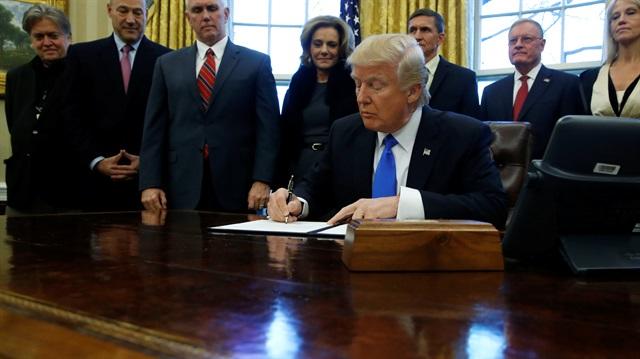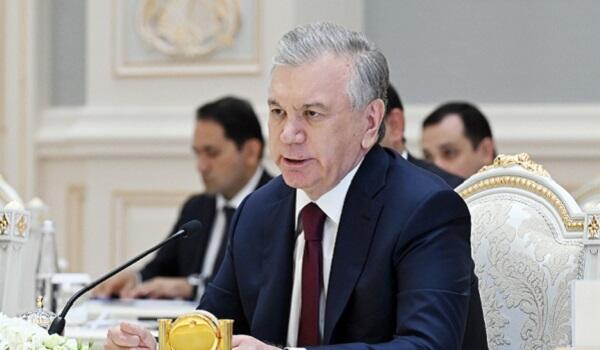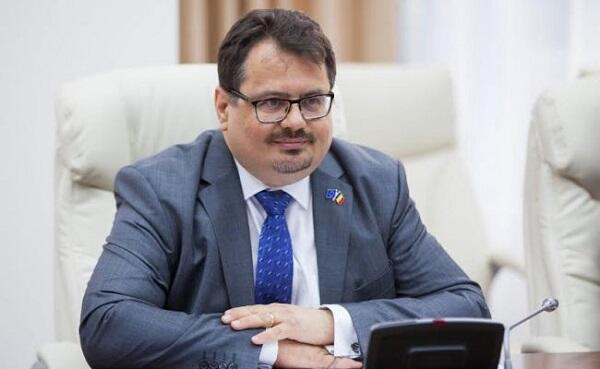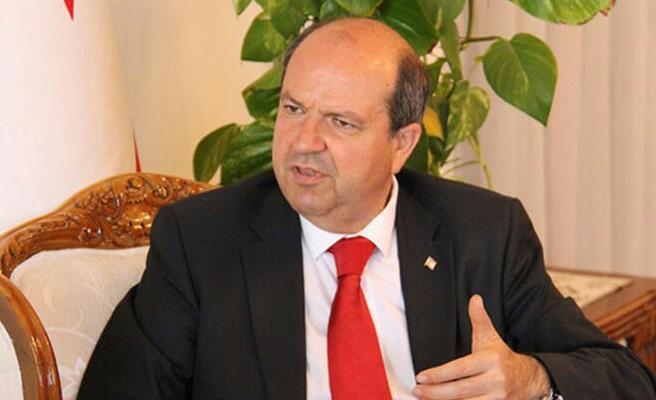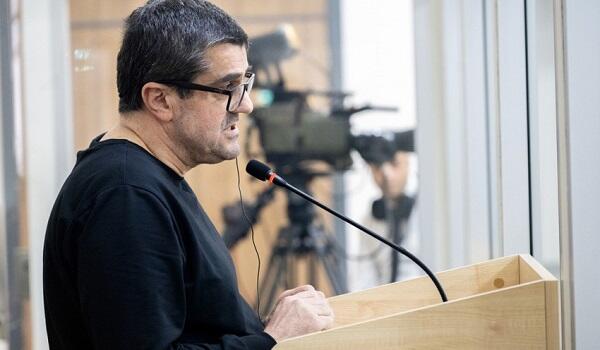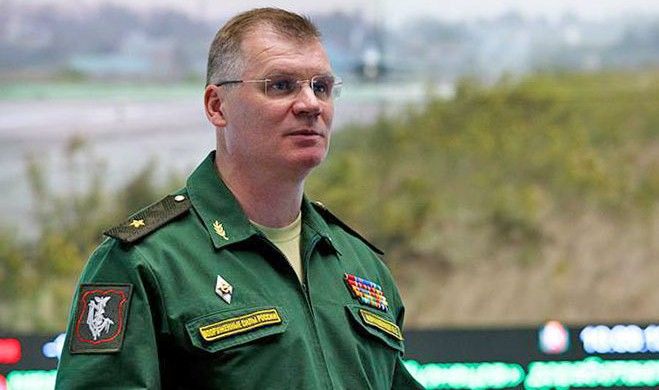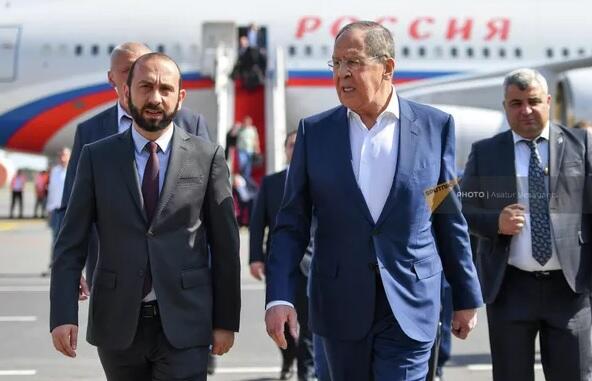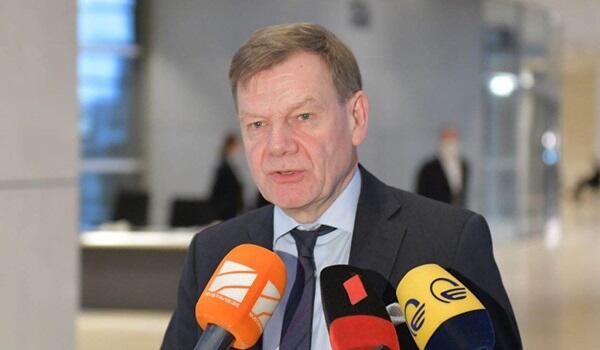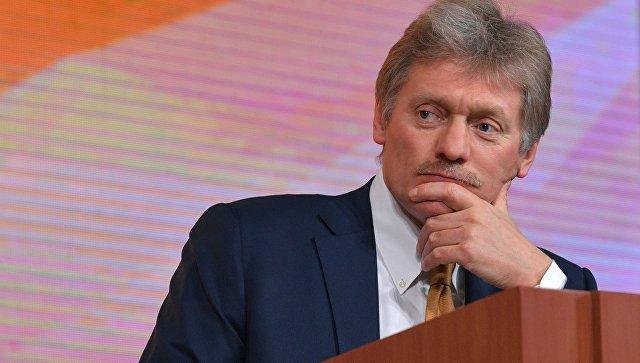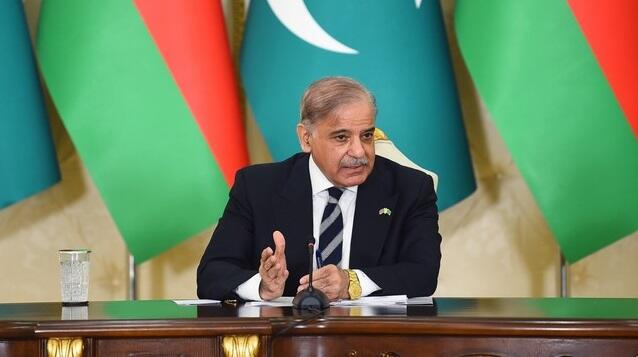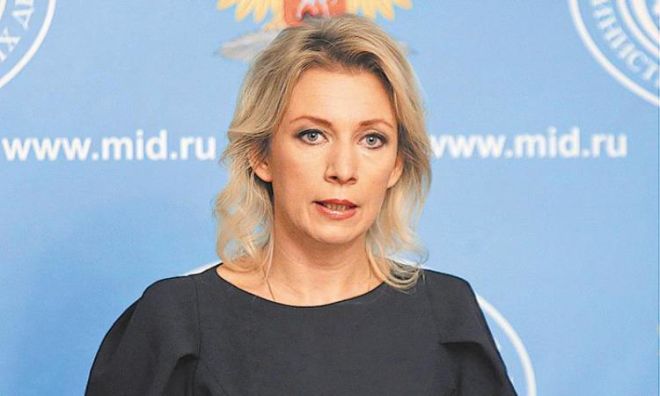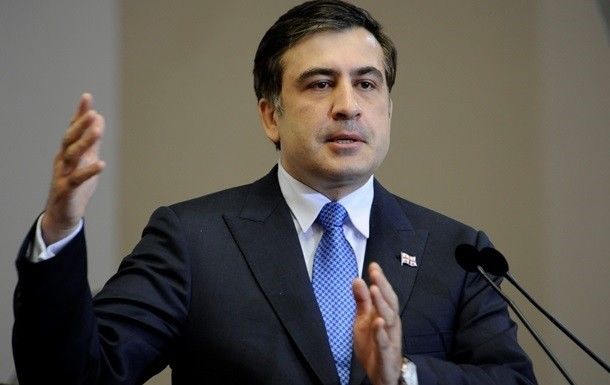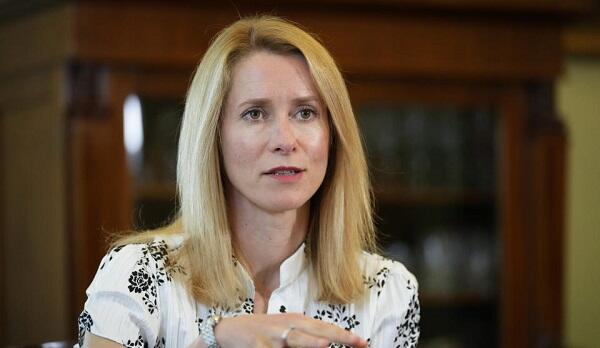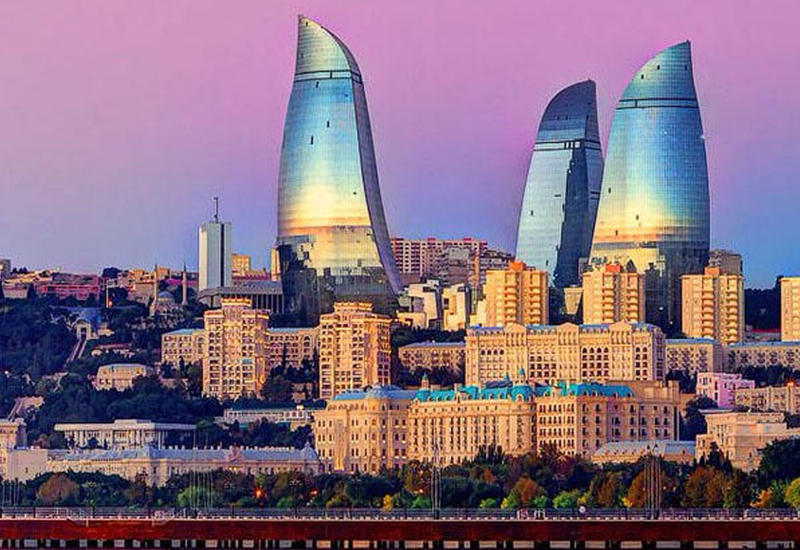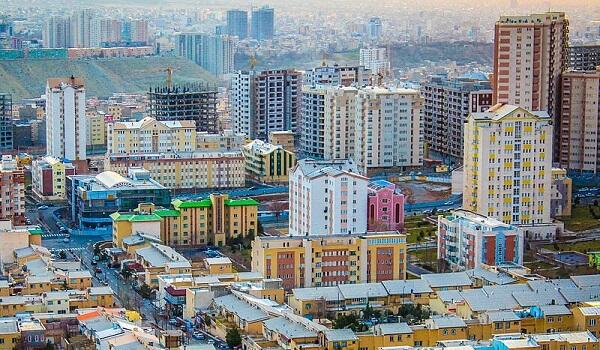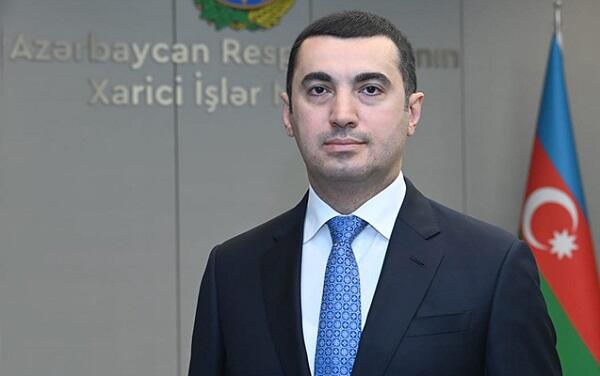Firing an honest prosecutor, starving reformers of
funding and support, allowing the intimidation of progressive
officials.
These are some of the things Ukrainian President Petro
Poroshenko has either abetted or turned a blind eye to, according
to his one-time ally Mikheil Saakashvili, who spoke to Reuters a
week after resigning as a regional governor.
A former Georgian president, Saakashvili was appointed governor
of the Odessa region in 2015 by Poroshenko - Kiev's pro-Western
leader who pledged to transform Ukraine after the Maidan street
protests, partly fueled by anger over official corruption, led to
the overthrow of the previous administration.
But for some in the country, dreams of radical change are
fading; a report by Transparency International on Wednesday found
nearly three-quarters of Ukrainians do not think there has been a
reduction in corruption under Poroshenko, compared with under the
former president, Kremlin-backed Viktor Yanukovich.
"Poroshenko wanted until now to appear nice in front of the
West, that he is doing something, without really doing anything,"
Saakashvili said. "Imitating change without really having any real
substantial change."
Reuters could not independently verify any of Saakashvili's
allegations.
Poroshenko's office did not immediately respond to a request for
comment. At the time of Saakashvili's resignation, Poroshenko's
office said "the issue of why Mr. Saakashvili filed his resignation
will be reviewed in an appropriate manner."
Saakashvili is one of three senior officials - with the national
police chief and a prominent customs officer - who resigned in the
space of a week, hitting out against the president or other
officials for allegedly sabotaging reforms.
Poroshenko and others in the government "have lost all taste for
reforms", Saakashvili said in an interview.
"Real change and reform really means also decreasing the
leverage for stealing, for plundering, pillaging Ukrainian wealth
and for the cronies of the president and the others to basically
increase their wealth," he said.
"First they refused to help us when they could, and then they
actually started to sabotage us."
POLITICAL FORCE
When Saakashvili quit on Nov. 7 he said he planned to create a
new Ukrainian political force without links to big business or
established political factions, and that he would pressure the
government for snap elections.
A day later on a visit to Slovenia, Poroshenko said he had
appointed Saakashvili to work on regional projects but added: "We
are a democratic country and if he decided to launch a political
campaign ... he can."
Poroshenko added that other Georgians he had appointed to public
positions "continue to work happily", holding up the head of the
national police Khatia Dekanoidze as an example. But less than a
week later, Dekanoidze also quit.
Saakashvili said he had hoped to reform Odessa on the Black Sea,
which had a reputation as a hub for smuggling with a corrupt port
customs service. But he said his efforts were blocked at every
turn.
"We see some of the old cronies of Yanukovich, basically
racketeer businesses, being replaced by people close to the sitting
president," Saakashvili said.
Recalling their conversations, Saakashvili said Poroshenko had
tried to blame former Prime Minister Arseny Yatseniuk for blocking
reform. But even after Yatseniuk's government fell in April,
Saakashvili said corruption was allowed to continue.
Yatseniuk resigned and, according to Saakashvili, the price he
and his party exacted for supporting Poroshenko's choice of new
prime minister was the sacking a reformist prosecutor who was
investigating a scam to loot fuel from a state-run refinery.
Yatseniuk's People's Front party did not respond to a request
for comment.
'LAST OF THE MOHICANS'
Saakashvili also said the head of Odessa port customs, Yulia
Marushevska, was prevented from implementing reforms to reduce the
discretionary powers of officers to set the level of duties and
recruit new people who would be less susceptible to bribes.
Saakashvili said Marushevska was hounded by official reprimands
at the behest of another parliamentary faction leader in exchange
for supporting Poroshenko's coalition.
Marushevska, a Ukrainian, resigned on Monday, as did police
chief Dekanoidze, a former Georgian government minister.
Marushevska was not immediately available to comment. She has
previously accused vested interests in state agencies of sabotaging
her attempts to fire corrupt officials.
Her superiors said her leadership had been unsatisfactory and
that they had not seen any evidence of her reform plans.
Dekanoidze was also unavailable to comment. When she quit she
said there was a conflict between "those who want to change, and
those who are stuck in the past," warning that politicians should
stop meddling in the police force.
Saakashvili has a long list of other alleged grievances: Two of
his deputies were squeezed out of office on spurious grounds, his
local police chief was fired, street protests were engineered in
Odessa to discredit him.
Earlier official departures in Ukraine included the Economy
Minister, a Lithuanian who resigned in February accusing a
Poroshenko ally of corruption.
"We were almost The Last of the Mohicans trying to keep faith in
changing the system from within it," Saakashvili said of reformists
who had left their jobs. "So for us, giving up hope was very hard
because we invested a lot of time, reputation, effort in trying to
change the system."
"Keeping the status quo would also destroy Ukraine, so we need
some kind of positive change," he said.
